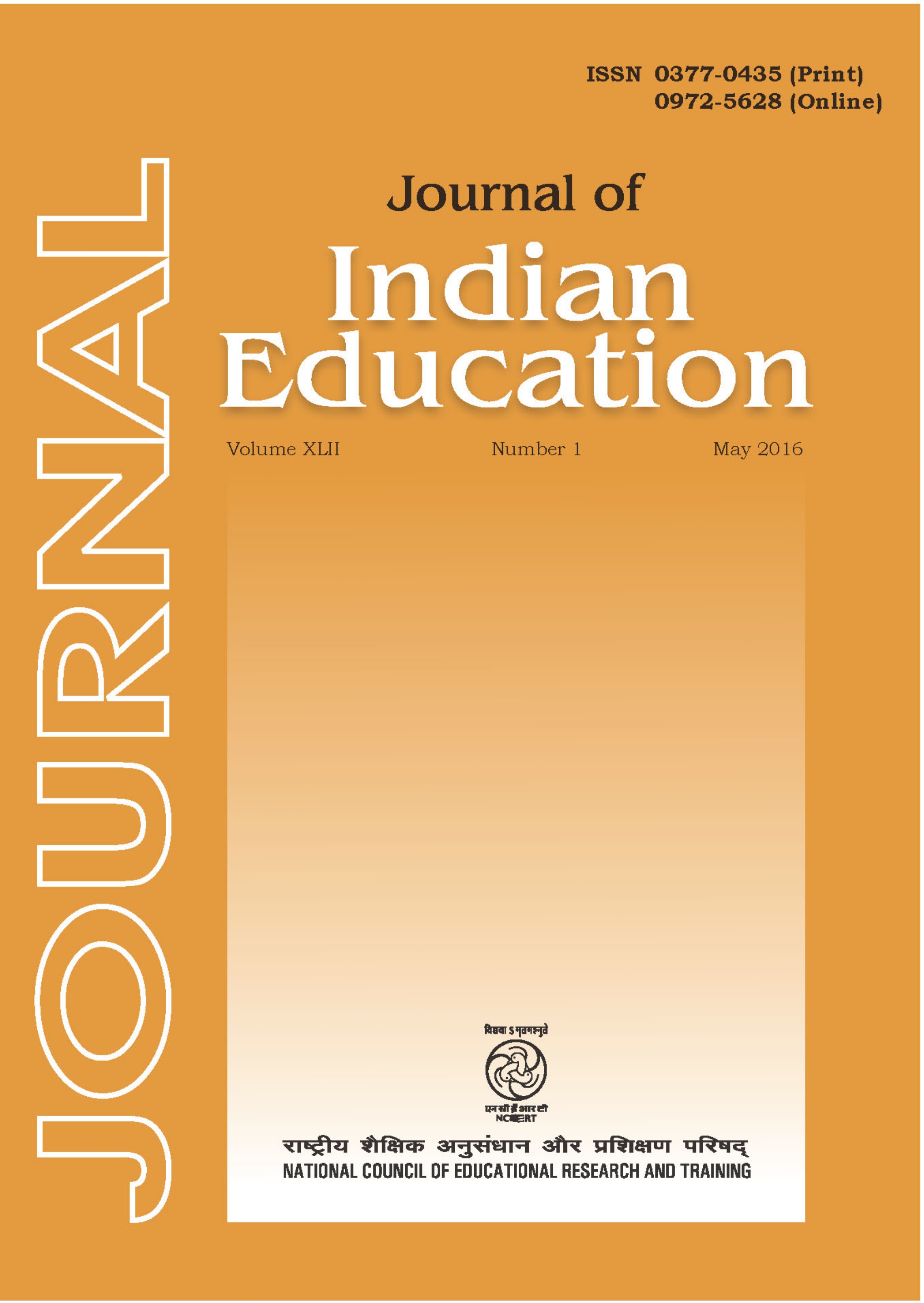Published 2024-12-13
Keywords
- Literacy Skills,
- Socio-Economic
How to Cite
Abstract
School leaders of urban government schools are confronted with multitude of challenges. Urban schooling is highly differentiated along socio-economic lines and government schools are perceived to be the last resort of those poor sections who cannot afford even low cost private schools. This leads to low self-esteem and low self-worth among school teachers and students. This hugely demoralises children and may drive them to engage in activities what a few sociologists term “counter culture” to school. In addition, urban schools cater to children from very diverse backgrounds ranging from language, religion, caste, region, etc. Quite often, children attending government schools are first generation learners and seldom experience literate ambience in their daily lives. Consequently, urban schools are likely to face enormous challenges in ensuring enrolment and regular attendance of children, achievement of learning levels. Further, urban government schools also suffer from inadequate and dilapidated infrastructure, school locations not conducive to children and learning, poor inspection and support systems for teachers and school leaders, etc. These challenges put enormous pressure on school leaders in ensuring that children attend schools and learn basic literacy and numeracy skills. Against this background, this paper makes an attempt to understand the distinct characteristics of urban schools and their students.

